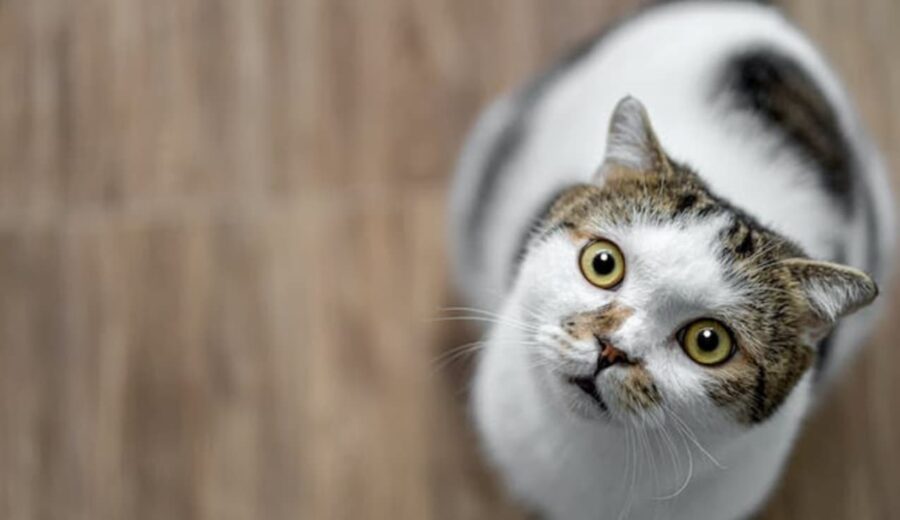
Can cats experience mental health issues?
Diagnosing feline mental health challenges is complex. Attentiveness to behavioral changes and timely professional consultation is vital for responsible pet care.

Cats, known for their mysterious and independent nature, often leave us wondering about their emotional well-being. Though understanding their thoughts can be difficult, the inquiry into whether cats can experience mental health issues has captivated both pet owners and researchers.
UNDERSTANDING FELINE BEHAVIOR
Cats communicate through body language, vocalizations, and various other subtle cues. According to The Guardian, Lucy Hoile, a cat behaviorist and author of The Book Your Cat Wishes You Would Read, notes that a sociable cat typically approaches with a tail shaped like a question mark. The tail is raised with a curl at the top, forming a distinctive question mark shape. Behavioral shifts may indicate an underlying problem, but linking them to mental health issues demands a nuanced understanding.
ALSO READ: Hydration happiness: 5 ways to keep your cat well-hydrated
MENTAL HEALTH ISSUES AMONGST CATS
As reported by The Guardian, cats, like humans, can experience anxiety, known as Pandora syndrome. According to Ellie Lee, a vet and owner of the Manchester Cat Clinic, this syndrome mirrors abnormal stress responses seen in humans. The condition may manifest physically, leading to stress-related issues such as non-bacterial cystitis caused by inflammation in the bladder.
ALSO READ: JUST IN: SA Reserve Bank keeps interest rates on HOLD
IDENTIFYING POTENTIAL MENTAL HEALTH ISSUES
- Anxiety: Cats can experience anxiety due to changes in their environment, routine, or the introduction of new family members or pets. Signs may include excessive grooming, hiding, or withdrawal.
- Depression: Loss of appetite, lethargy, and disinterest in previously enjoyed activities can be indicative of feline depression, often triggered by changes in their surroundings or the absence of a familiar companion.
- Compulsive Disorders: Cats may exhibit repetitive behaviors such as excessive grooming, scratching, or pacing, which could be signs of compulsive disorders linked to stress.
- Aggression: Behavioral changes such as increased aggression might be a response to fear, stress, or even pain.
SEEKING PROFESSIONAL GUIDANCE
If cat owners notice significant shifts in behavior or suspect mental health issues, consulting with a veterinarian is crucial. Rule out any potential medical causes and work collaboratively with the vet to address behavioral concerns.
ENRICHMENT AND MENTAL STIMULATION
Promoting mental well-being in cats involves providing an enriched environment. Toys, scratching posts, climbing structures, and interactive play can contribute to a cat’s mental stimulation and overall happiness.
While it’s challenging to diagnose mental health issues definitively in cats, paying attention to changes in behavior and seeking professional advice when needed is essential for responsible pet ownership. Cats, akin to humans, endure stress; a supportive environment is crucial for their mental well-being.
